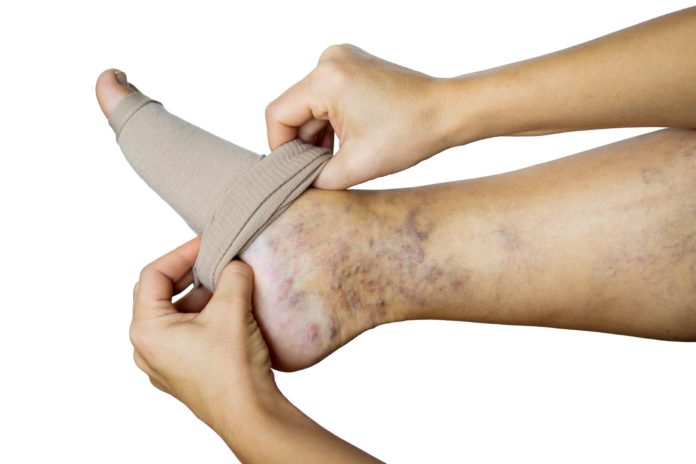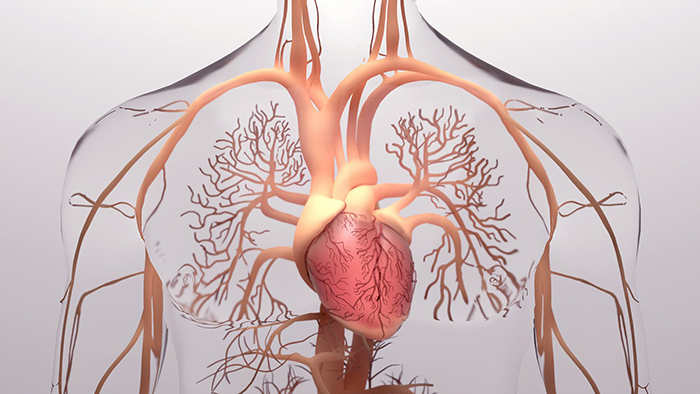Aortic Dissection Symptoms
Aortic dissection is hard to diagnose. Many symptoms—such as severe chest pain—mimic a heart attack. With aortic dissection, you may also experience:
- Leg pain
- Shortness of breath
- Stomach pain
- Stroke-like symptoms such as vision loss or trouble speaking
- Trouble walking
- Upper back pain
Like other heart conditions, aortic dissection often causes different symptoms in women than it does in men. Women with aortic dissection may experience:
- Change in mental status, such as confusion
- Loss of consciousness
- Low blood pressure
“Unless an emergency department physician knows aortic dissection is possible, they can easily miss it in female patients,” says Dr. Duwayri.
Aortic Dissection Risk Factors
Having certain health conditions can raise your risk for developing aortic dissection. These include:
- Aortic aneurysm (weak, bulging artery)
- Aortic coarctation (narrowed aorta that’s present at birth)
- Atherosclerosis (hardening of the arteries)
- Bicuspid aortic valve (heart valve defect)
- Uncontrolled hypertension (high blood pressure)
If you have possible heart conditions but haven’t been diagnosed, talk with your primary care physician about your risk. If needed, they will refer you to a cardiologist for evaluation.
Expertise You Can Count On
“If someone comes into the Emory Healthcare emergency department with chest pain, we’ll perform a CT or MRI scan,” explains Dr. Leshnower. “It’s a quick and easy way to diagnose aortic dissection.”
Treatment for aortic dissection depends mainly on the location of the tear in your aorta. You may be treated with medications alone or need to undergo procedures such as open-heart surgery or minimally invasive procedures where your surgeon places stents and tubes that hold open the aorta. You may also need to undergo multiple surgeries performed in stages to repair the tear.
“People seek us out at Emory because we have a history of treating many cases, expertise and a team approach to taking good care of patients,” says Dr. Leshnower. “We provide initial treatment and lifelong care.”
Aortic dissection is relatively rare; most heart surgeons see only a case or two each year. But Emory’s cardiac and vascular surgeons treat it almost daily at the Emory Aortic Center. They work together to provide the most appropriate care for the specific needs and anatomy of each patient seen.
Raising Awareness About Aortic Dissection
If you have aortic dissection, you need prompt, expert treatment in a medical center with a specialized cardiovascular intensive care unit (ICU). In the past, when patients with aortic dissection arrived at the emergency department (ED), physicians delayed imaging—sometimes with deadly consequences
“Now there’s a massive effort to increase awareness among ED physicians,” explains Dr. Duwayri. “Thanks to this, most EDs recognize aortic dissection as a condition to diagnose early. And they refer patients to cardiac and vascular surgery as soon as possible.”
Both Drs. Leshnower and Duwayri want to ensure other physicians can take quick action and save more lives. Dr. Leshnower has given several talks to ED physicians to raise awareness about acute aortic syndromes, including aortic dissection. He has also written numerous articles on the condition.
The result of their efforts will be better outcomes for patients.
Take Charge of Your Health
Where you get your care matters. Emory Healthcare performs more heart and vascular procedures annually than any other health system in Georgia. If you’ve been diagnosed with aortic dissection, you need an expert team who can continually manage and monitor your condition — and the aortic care specialists at Emory Healthcare have the expertise to provide you lifelong, comprehensive care.
If you’re concerned about aortic disease, schedule an appointment with your primary care doctor to talk about your risk factors and, if needed, a referral to a cardiologist. Let’s take the first step to better health together.




